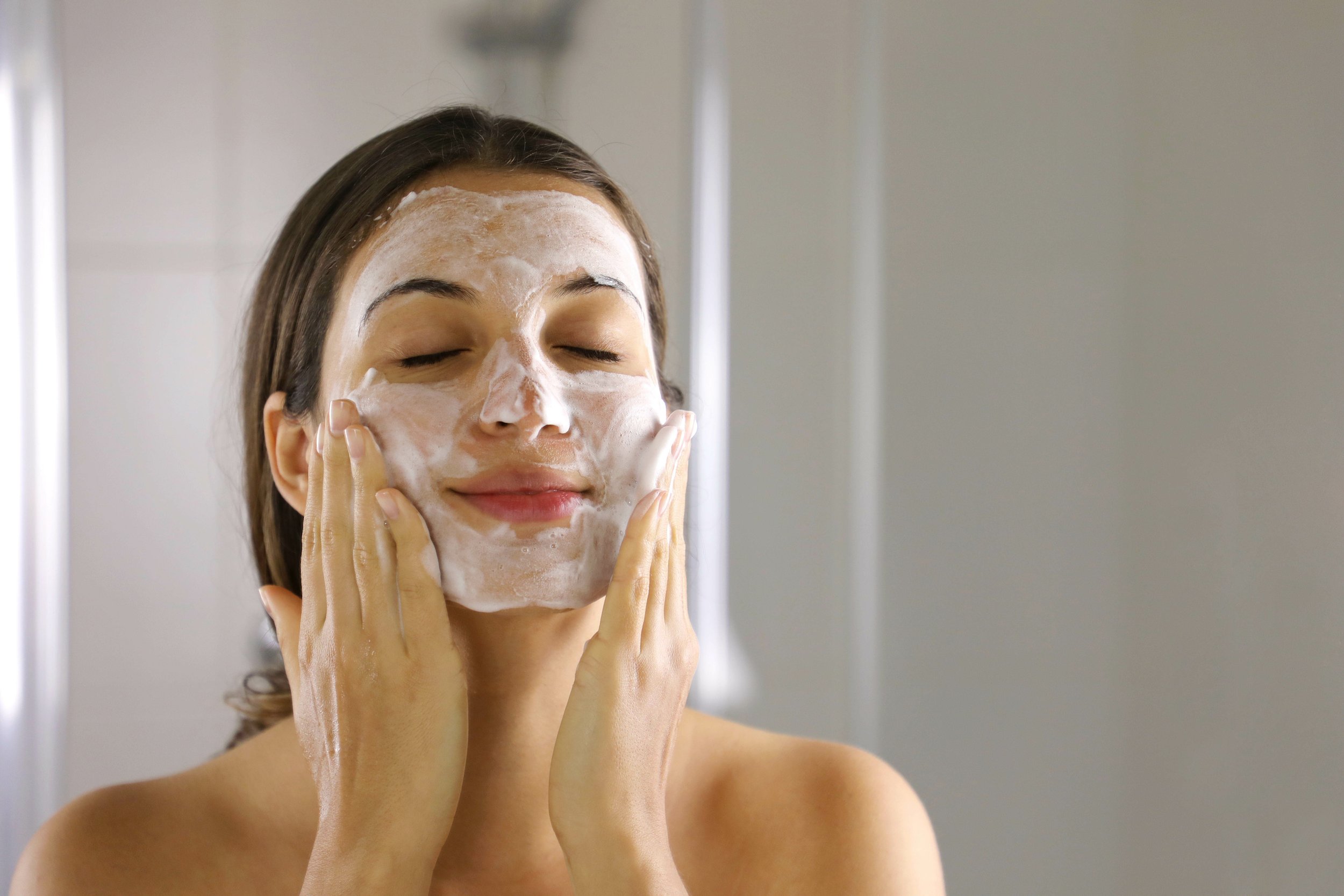Everyone dreams of having clear, beautiful, young-looking skin. And this desire often makes one desperate to use every type of product and method they can find without realizing how it could be harmful to their skin. Many skin experts say that to achieve the skin you yearn for, the essential steps should be applied, and you should always begin with exfoliating.
What Is Exfoliating?
Exfoliating removes dead skin cells from the skin's surface using various means. Your skin naturally renews every 30 days, and if the new skin can't come to the surface because dead skin is blocking their way, it’ll result in uneven patches and clogged pores and make your skin look blotchy.
You’ll reveal bright, radiant, and healthy skin when you exfoliate. There are many ways you can do this. If you want to use a skin exfoliator, understand your skin type first and know what your skin can tolerate.
Types of Exfoliating
There are three types of exfoliating. Ideally, you can't use multiple types at one time since it might be too much for your skin. But some people swear it works for them, so again, know what your skin can manage.
Manual – Manual exfoliating uses materials like exfoliating mitts, loofahs, dry brushes, and pumice stones. When you use these types of materials, remember to use them lightly on your skin using a circular motion. You don't want to remove the essential layers of your skin.
Physical – Physical exfoliating uses scrubs with beads. Some prefer making their own scrubs using ingredients you can find in your cupboards like granulated sugar, coconut oil, oatmeal, honey, and coffee grounds.
Chemical - Chemical exfoliants use acids derived from plants to get rid of dead skin cells. It's believed to work wonders since it penetrates deeper into the pores than physical and manual exfoliation.
Benefits Of Exfoliating
Exfoliating, when done properly, can do wonders for your skin and boost your confidence. Making it part of your skincare routine is highly recommended.
Here are some of the benefits of exfoliating:
Sloughs away dead skin and encourages new cell turnover
Cleans and purifies clogged pores
Evens skin tone
Boost circulation
Helps skincare products penetrate deeper
Slows down skin aging
How Often Should You Exfoliate?
Before you begin scrubbing your skin senseless, determine your skin type and what your skin can tolerate. If you have sensitive skin, it's not recommended to exfoliate often. You may add this to your routine at least once a week. Exfoliating products with BHA or beta hydroxy acids are best for sensitive skin since BHA can soothe and calm the skin. But if you have eczema or rosacea, using a product with PHA or polyhydroxy acid is suitable.
If you have oily skin, exfoliating up to three times a week is best. Those with oily skin have a lot of sebum build-up, and when this isn’t addressed, the sebum will cause breakouts and acne. Products with salicylic acid can help exfoliate oily skin since it helps deep clean the pores and reduce oil production when used consistently.
People with combination skin, those with oily T-zones, and dry skin in other areas may also benefit from three times a week exfoliation. AHA with glycolic acid can help address the inflammation problems of those with combination skin. Additionally, you may check products with aloe, chamomile, and green tea extract since these ingredients help soothe the skin and reduce inflammation.
Before you exfoliate, especially with chemical exfoliating products, test it first on your skin. If you encounter any irritation, try a different one until you find one suitable for you.
Can You Overexfoliate?
The answer is yes. And when this does happen, let your skin rest and recover. You can tell that you overdid it when you notice that your skin is drier than usual, there are breakouts and some areas with redness, and you can feel a burning sensation on some parts. Once you notice these signs, immediately stop your skincare routine and let your skin recover. Don’t worry because your skin will heal as long as you take the necessary steps.
You can nurse your skin back to health by using a cold compress to calm the areas and lessen the burning sensation. You may also use a natural remedy like aloe vera gel since this is known to have calming properties that’ll soothe the redness and inflammation. Lastly, use a vitamin C serum to expedite the healing process.
Conclusion
Having bright, young-looking skin can be achieved when you know how to address your skin issues. Exfoliating is a must; doing it properly can give your skin excellent benefits. Products from experts who’ve made it their mission to help people in the most natural way should be your go-to. You can quickly do your research and find out their mission and background and read reviews about them. Don't jump on the first product that caught your eye.














